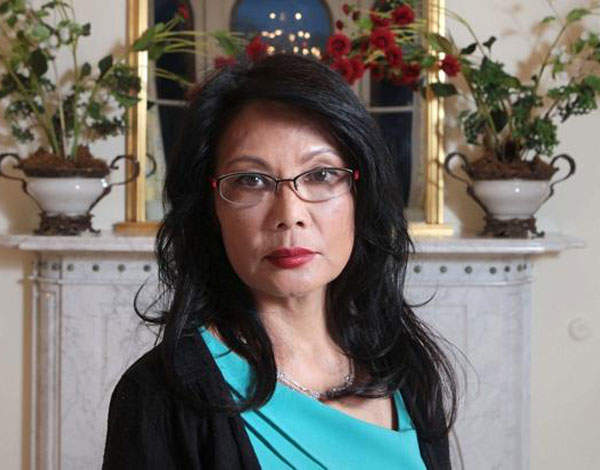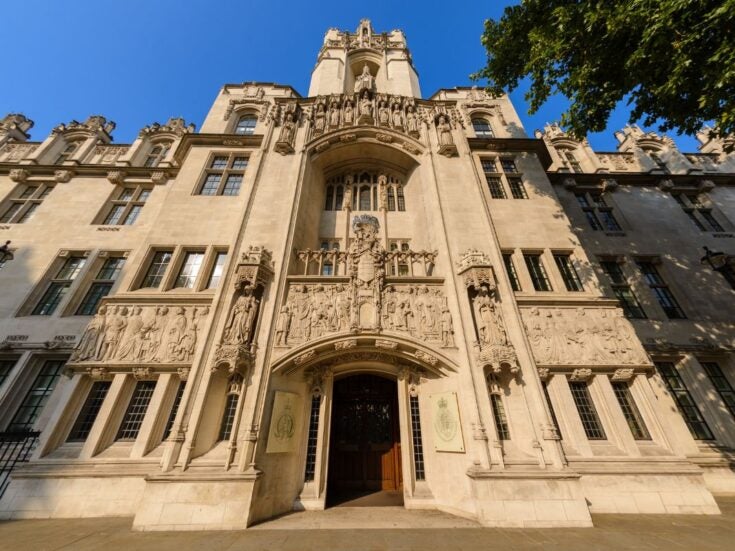

The divorce case of Chai v Peng has made headlines across the British press in the last few weeks and that is no surprise. The case contains much to pique the interest of the general public.
The wife, Pauline Chai, 68, is a former beauty queen, having won Miss Malaysia in 1969. She and Khoo Kay Peng, 75, a Malaysian businessman, have been married for 42 years and have five adult children. Mr Peng is said to be a major shareholder in Laura Ashley and is reported to be ‘a very rich man’. British press reports speculate that he is worth anywhere between £50 million and £400 million.
Whatever the truth, the law reports say that by May this year the parties had between them spent just short of £2,300,000 on legal fees worldwide simply arguing over jurisdiction, before the real argument over assets begins. Clearly this is an exceptionally high-value asset case.
What the press found particularly interesting was that in evidence Ms Chai explained how her husband would spend ‘hours’ reading and working while sitting on the toilet. According to reports, she explained how she ordered a padded toilet seat for him after he got backache.
One can only imagine the mortification of Mr Peng on opening his morning newspaper to find information about his working habits published for his family, friends and business associates to read.
While it is up to newspaper editors what they choose to publish, there is a growing emphasis on ‘transparency’ in the family courts which may well make revelations like these about people’s private lives in divorce more commonplace.
Partly in response to press criticism to accusations of secrecy in the family court, the president of the Family Division issued guidance in January this year to increase transparency ‘in order to improve public understanding of the court process and confidence in the court system’.
The guidance distinguished between judgments of cases that must ordinarily be published – those that would be in the public interest whether or not a request has been made either by a party or by the media – and those that may be published – when permission may be given for the judgment to be published if a request is made and the judge agrees to this.
While it is undoubtedly important that the public has confidence in the family court, is it right that the public have access to information about people’s personal lives simply because they are going through a divorce? Further, might the threat of publication of a judgment be used as a bargaining chip by spouses to obtain a better settlement in exchange for settling the matter out of court and without fear of publication? Is access to justice being compromised?
Fortunately, methods of resolving divorce disputes out of court are developing apace in response to these concerns. Arbitration, for example, involves agreeing to have the case adjudicated upon by a trained arbitrator rather than going to court. Arbitration is totally confidential. Both parties agree that they will accept the award made by the arbitrator, and the case runs in a similar way to the court process save that the parties have more control over the timescales and requirements involved. Recently the family court has endorsed this approach and said that it will normally enforce an award made in arbitration.
Similarly, if it can be afforded many couples now seek private proceedings, in which they pay privately for a judge or experienced family lawyer to act as judge to assist them in resolving disputes.
There are also other alternatives to the court process such as mediation or collaborative law which endeavour to resolve disputes outside of a court environment. These seek to keep the parties communicating directly with each other to encourage agreement. In these ways settlements can still be reached – but hopefully without the £2 million price tag and newspaper headlines.
Eleanora Newbery is a solicitor at Mundays LLP







